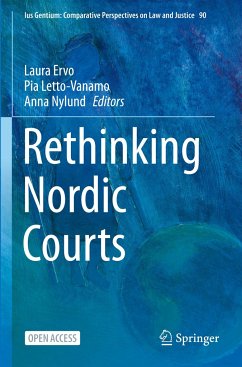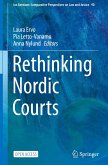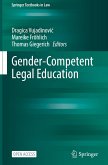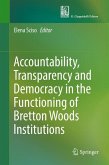This open access book examines whether a distinctly Nordic procedural or court culture exists and what the hallmarks of that culture are. Do Nordic courts and court proceedings share a distinct set of ideas and values that in combination constitute the core of a regional legal culture? How do Europeanisation, privatisation, diversification and digitisation influence courts and court proceedings in the Nordic countries? The book traces the genesis and formation of Nordic courts and justice systems to provide a richer comprehension of contemporary Nordic legal culture, and an understanding of the relationship between legal cultural stability and change. In answering these questions, the book provides models for conceptualising procedural culture.
Nordic procedural culture has partly developed organically and is partly also the product of deliberate efforts to maintain a certain level of alignment between the Nordic countries. Studying Nordic cooperation enables us to gain a deeper understanding of current regional, European and global harmonisation processes within procedural law.
The influx of supranational European law, increased use of alternative dispute resolution and growth in regulation density that produces a conflict between specialisation and coherence, have tangible impact on the role of courts in a democratic society, the form of court proceedings and court structures. This book examines whether and why some trends exert more tangible, or perhaps simply more perceptible, influence on procedural culture than others.
Hinweis: Dieser Artikel kann nur an eine deutsche Lieferadresse ausgeliefert werden.
Nordic procedural culture has partly developed organically and is partly also the product of deliberate efforts to maintain a certain level of alignment between the Nordic countries. Studying Nordic cooperation enables us to gain a deeper understanding of current regional, European and global harmonisation processes within procedural law.
The influx of supranational European law, increased use of alternative dispute resolution and growth in regulation density that produces a conflict between specialisation and coherence, have tangible impact on the role of courts in a democratic society, the form of court proceedings and court structures. This book examines whether and why some trends exert more tangible, or perhaps simply more perceptible, influence on procedural culture than others.
Hinweis: Dieser Artikel kann nur an eine deutsche Lieferadresse ausgeliefert werden.








